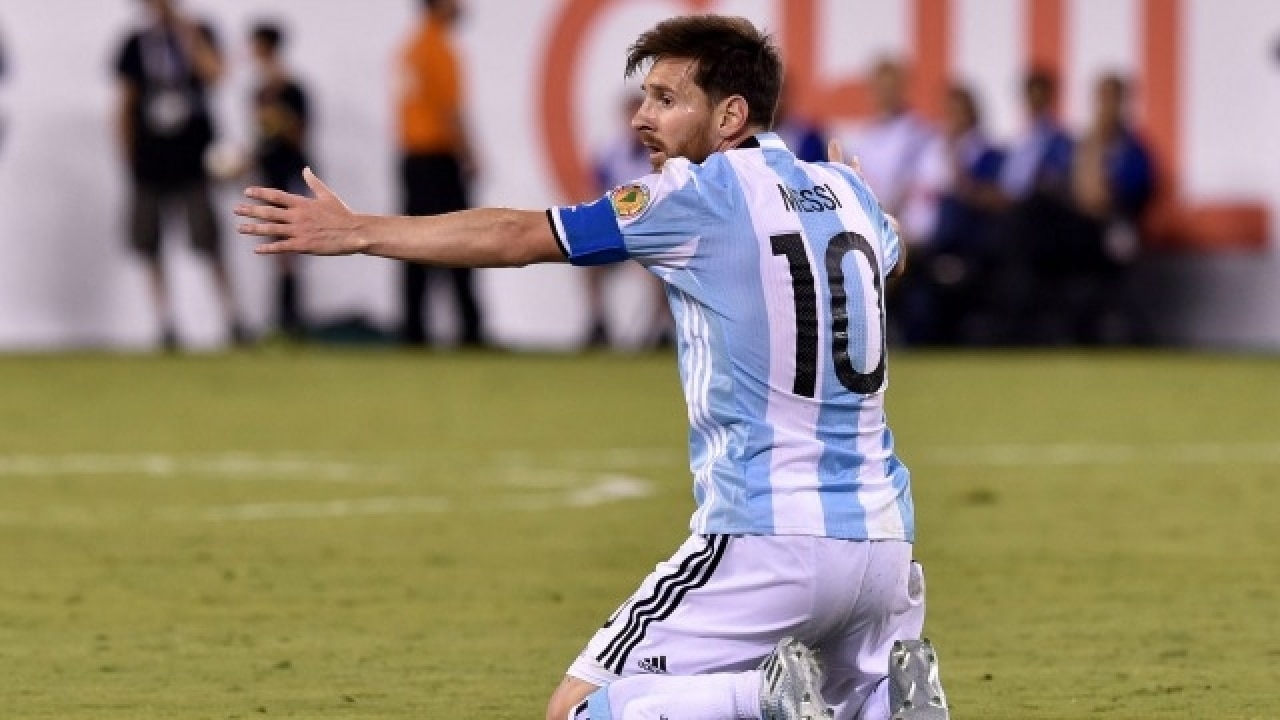
Widely regarded as the world’s greatest footballer, Lionel Messi’s failure to convert his phenomenal goal-scoring prowess into international cup victories for his country reached a point of no return on Monday. Messi’s retirement from international soccer, soon after Argentina lost the Copa America to Chile in a hard-fought, ill-tempered match that was decided in a penalty shootout, reveals the narrow line between victory and defeat, heroism and abnegation, that public personages in competitive disciplines like sports and politics have to tread. Last Friday, the world was witness to another glittering career folding up when British Prime Minister David Cameron announced his resignation after his Brexit referendum gamble backfired in spectacular fashion. If Messi had not missed the penalty kick, if Argentina had beaten the Chileans, it would have been a different story. But that was not to be. The burden of expectations finally gave way and Messi, Argentina’s captain and mainstay, assumed responsibility for the defeat.
With the next FIFA World Cup just two years away, Messi’s announcement has created ripples across continents, thanks to his massive international following. There is no doubt that Messi has reacted emotionally to the defeat. But his retirement is also a fallout of the tensions that have marked his relationship with football fans and officials in his home country, Argentina. Unfair questions have been raised time and again about Messi’s commitment to the national football team and his passion while playing for the country. Uncharitable comparisons have also been made with the other Argentinian great Diego Maradona, who helped the country win the 1986 World Cup, for their similar playing styles and their contrasting personas. While Maradona was a charismatic footballer who wore his emotions on his sleeve, Messi is reticent and prefers his boots to do the talking. For a footballer who was groomed in Spain and achieved cult status through his exploits for Barcelona in European club football, the inability to crack the international jinx has always been a sore point with Messi. Maradona has also rubbed it in with jibes that Messi had no personality and lacked the character to be a leader.
In his statement, Messi admits that the three final defeats at the 2014 World Cup and the 2015 and 2016 Copa Americas has broken his heart. When Messi notes that “the national team is not for me”, that the missed penalty kick “was very important”, that his retirement was “for the good of everybody”, and that “it’s not enough to get into the final and not win”, we see the human side of a champion sportsperson. Even when Messi terms it a personal failure, the extraneous pressures that have dogged him in Argentina are hardly disguised. The exit of a performer at the zenith of his or her powers is a particularly tragic moment. Only 29 now, Messi could have realistically looked forward to a glorious swansong to his international career at the 2018 World Cup. After having won eight La Liga (Spanish league) titles, four UEFA champions league, five Golden Ball awards, and becoming the highest goalscorer for Argentina, it is not surprising that the lack of comparable international success has haunted Messi. Messi has clashed with the Argentine Football Association on multiple occasions, which would partially explain the isolation he feels at this moment of defeat. But it is only in the past two or three years that the Argentinian side has matured into a world-class team playing attacking football. With Messi walking away from international soccer, the next FIFA World Cup has lost its most talismanic figure.